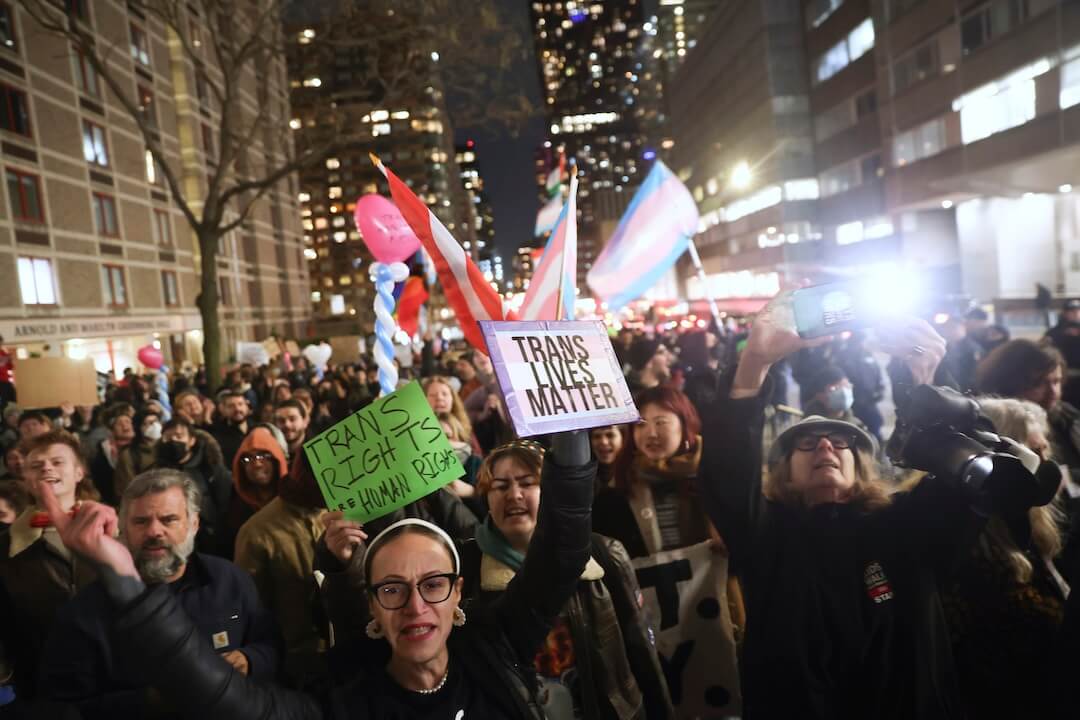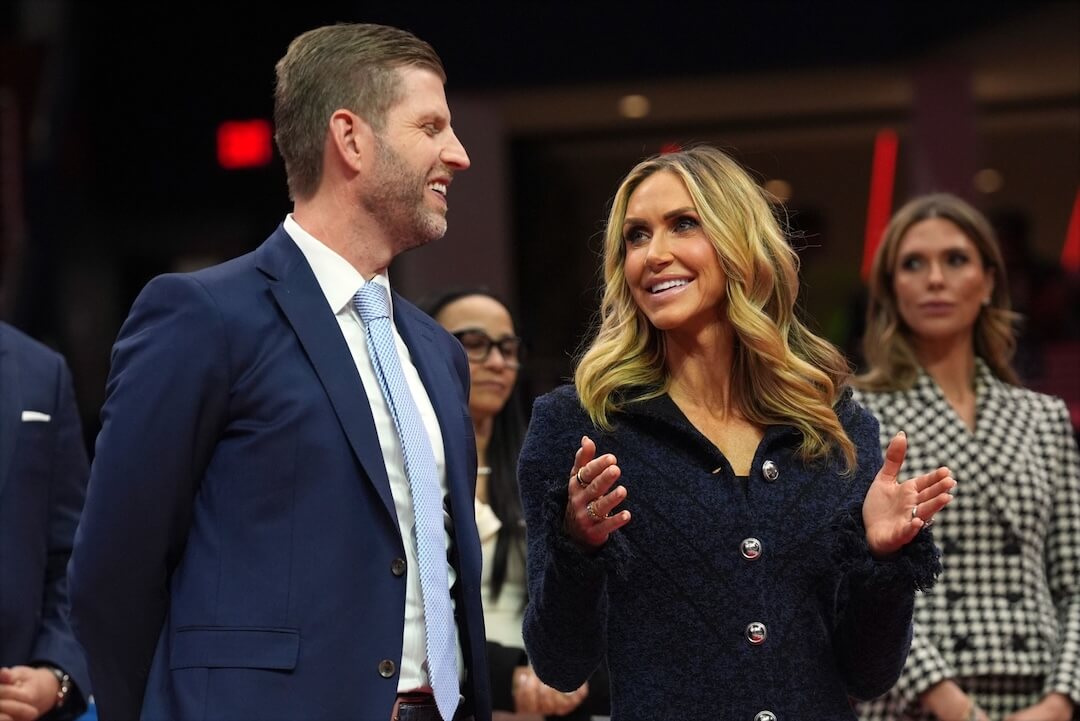Good morning.
- Huge numbers but ambiguous lessons
Yes, we know that Twitter is essential for many, especially the self-regarding journalist echo chamber, and that ISIS uses it a lot. But assumptions that ISIS is kicking butt on social media may be a bit facile. Writing for the terrific “Monkey Cage” political science blog distributed by The Washington Post, researcher Alexandra Siegel cites data from New York University’s Social Media and Political Participation Lab that makes clear that its violence generates far more negative response than positive support. NYU analyzed 32 million ISIS-related tweets, including 4 million sent in the 24 hours after the Paris attacks. Anti-ISIS terms appeared at a rate 20 times greater than sympathetic ones. NYU broke down the geographic origins and languages of tweets and tentatively conclude that as important as violent images may be to its recruitment strategy, they’re accelerating anti-ISIS sentiments: “Observing the structure and content of these organically generated anti-ISIS Twitter networks may offer insights into how to dampen ISIS’ social media successes.” (Monkey Cage) Oh, there are behind-the-scenes insights into how it recruits youth (as young as 3) in “ISIS in Afghanistan” on PBS’ “Frontline” tonight. It’s the handiwork of a single intrepid reporter. (Poynter)
- David Brooks’ paid vacation
For the paper’s T Magazine, the op-ed columnist wrote about an opulent getaway, including lounging at a Four Seasons Hotel in Istanbul as he joined a 24-day, $120,000-around-the-world Four Seasons package for six days. (The New York Times) Was this a freebie? (Poynter) Public Editor Margaret Sullivan was reassured that the paper paid for Brooks’ portion of the plush trek. (New York Times) Fine. But while the Times is in disclosure mode, this question: Why doesn’t the paper routinely tell readers about the outside paid speaking gigs of Brooks and others? The Times has traditionally made a distinction (arguably without a difference) between the paid speaking rules for newsroom personnel, who report to the editor, and those of op-ed and editorial writers, who are under the aegis of the publisher and generally free as a bird. That’s folly. A single luncheon or dinner appearances can bring as much as some journalists earn in a year, with the likes of Brooks and Tom Friedman able to pick up gigs for anywhere from $30,000 to $75,000. Even assuming their ethical rectitude, shouldn’t readers know about even the hint of potential conflict suggested by the plush oratorical buckraking?
- Born-again privacy advocate: Edward Snowden
Speaking with The Intercept, he says, “Everybody should be running adblock software, if only from a safety perspective.” He adds, “We’ve seen internet providers like Comcast, AT&T, or whoever it is, insert their own ads into your plaintext http connections. As long as service providers are serving ads with active content that require the use of Javascript to display, that have some kind of active content like Flash embedded in it, anything that can be a vector for attack in your web browser — you should be actively trying to block these.” (Mashable) That might be a good point.
- The most read BBC terror story Sunday
Get this: “Nearly 7 million people clicked on the headline Kenya university attack kills 147 — a story about an attack on Garissa University, in the north-east of the country, by the Somali militant group al-Shabab. It happened in April 2015.” (BBC) Sheesh. I wonder if they should re-run one on the Battle of Stalingrad in 1942-1943. That resulted in 2 million deaths. Imagine the clicks.
- The photos of that dead Syrian boy shook the world — for only a bit
Remember the child on the beach? The photos were gripping and a symbol of the refugee crisis. But if we thought that the images would actually impact history and policy, we were wrong. A Swiss media institute studied newspapers in eight countries and found that use of the images was very different (some papers didn’t even use them). More telling, it concludes they simply didn’t alter the thrust of subsequent media coverage for any appreciable period, whether a paper tended to be pro- or anti-migrant before they surfaced. (Poynter) In sum, nothing changed. Just look at the U.S. governors who pander by declaring their states off limits to Syrian immigrants.
- Does Gawker have a problem with women?
“A former staff writer at Gawker Media has leveled accusations of gender inequality at the company in an essay, drawing a response from Gawker’s editor in chief and prompting a public discussion among the outlet’s current and former staffers about the treatment of female journalists.” (Poynter) My question is this: merits aside, could she have done the leveling in fewer than her 6,000 words?
- One good reason not to believe campaign polls by media
There are, of course, declining response rates and complexities of a cellphone universe. There is also the inattention and downright ignorance of citizens. “This inattention means that early poll numbers are based on shallow preferences. ‘The media don’t always report the numbers that say ‘not sure’ or ‘don’t know enough,’ says David Karol, a political scientist who has studied the nomination process. Many people who are actually undecided, he adds, will cough up a name when a poll-taker calls and prompts them. Those responses just don’t tell us much.” (The Atlantic)
- Two print mags bite the dust
Bauer Media disclosed this morning that it will suspend publication of FHM and Zoo at year’s end, “joining the growing list of casualties from the decline of men’s mags.” (The Guardian) The circulations for both are diving and, it suggested, “men’s media habits have continually moved towards mobile and social.”
- The media has “turned” on Obama
Oh, please. So CNN’s Jim Acosta asks a redundant question to Obama about the U.S response to ISIS in the succinct faux macho form of, “Why can’t we take out these bastards?” It prompted Obama to correctly note that he’d essentially already answered this three times in the press conference and made clear his reluctance to send troops. Nevertheless, Howie Kurtz of Obama-bashing Fox News proclaimed that this was a virtually historic turning of the tide among media. “The shift in tone is remarkable, both in its impatient focus on terrorism after the coordinated murder of 129 people in France, and in demanding accountability from a president who has often received soft treatment in the past.” (Adweek) A “remarkable” shift in tone toward Obama? No. But it does exhibit a decidedly hawkish slant to much of the coverage and debate (Salon), especially on cable TV as dozens of anchors get a free week in Paris, while underscoring what’s been an evolving White House press corps mood that Obama is falling short in managing matters in Iraq, Afghanistan and Syria. There’s no significant shift.
- Remember the ‘Scud Stud?’
Watching wall-to-wall Paris coverage, I’m reminded of the fleeting nature of conflict-driven cable TV stardom. Arthur Kent became a huge NBC star of People magazine fame during the 1991 Persian Gulf War. “He often went live on the air from a hotel rooftop as Iraqi Scud missiles were launched into Saudi Arabia.” (The Star) Well, he’s now 61 and in a Calgary courtroom, pressing a defamation case against the National Post and a former columnist for coverage of his failed 2008 provincial election candidacy. A column was headlined, “Alberta’s ‘Scud Stud’ a ‘Dud’ On Campaign Trail.” It described him as “a hunky bear-witness reporter” who “got female hearts pumping.”
- And amid the media ‘hyperventilating,’ there is John Oliver
On his terrific HBO show, he dispensed with the decorous: “First, as of now, we know that this attack was carried out by gigantic fucking assholes. Unconscionable, flaming assholes. Possibly, possibly working with other assholes — definitely in service of an ideology of pure assholery. Second, and this goes almost without saying: Fuck these assholes. Fuck them, if I may say, sideways.” Ah, you get that? “In a media climate full of hyperventilating about jihadism’s unstoppable threat to the West, Oliver’s remarks are a breath of fresh air. Instead of talking about the ‘civilizational’ threat from ‘radical Islam,’ he treated the terrorists as despicable yet weak adherents to an ideology that barely anyone supports.” (Vox)
- Front page of the day, curated by Kristen Hare
Today’s front page of the day comes from France’s Le Figaro, which showed the French colors with three images of what has happened since Friday’s deadly terrorist attacks in Paris. (Courtesy Kiosko)

- Job moves, edited by Benjamin Mullin
Hanna Rosin will co-host “Invisibilia.” She is a national correspondent at The Atlantic. (Email) | Doyin Richards will be a writer at Upworthy. He is a published author and contributor to numerous news outlets. Phoenix Tso is now a writer at Upworthy. She has contributed to The Awl, The Toast and Pacific Standard. (Email) | Stacey Rivera is now digital content director of Cooking Light and MyRecipes. Previously, she was digital director at Bon Appétit. (Email) | Job of the day: PBS Newshour is looking for a correspondent. Get your resumes in! (Journalism Jobs) | Send Ben your job moves: bmullin@poynter.org.
Corrections? Tips? Please email me: jwarren@poynter.org. Would you like to get this roundup emailed to you every morning? Sign up here.





